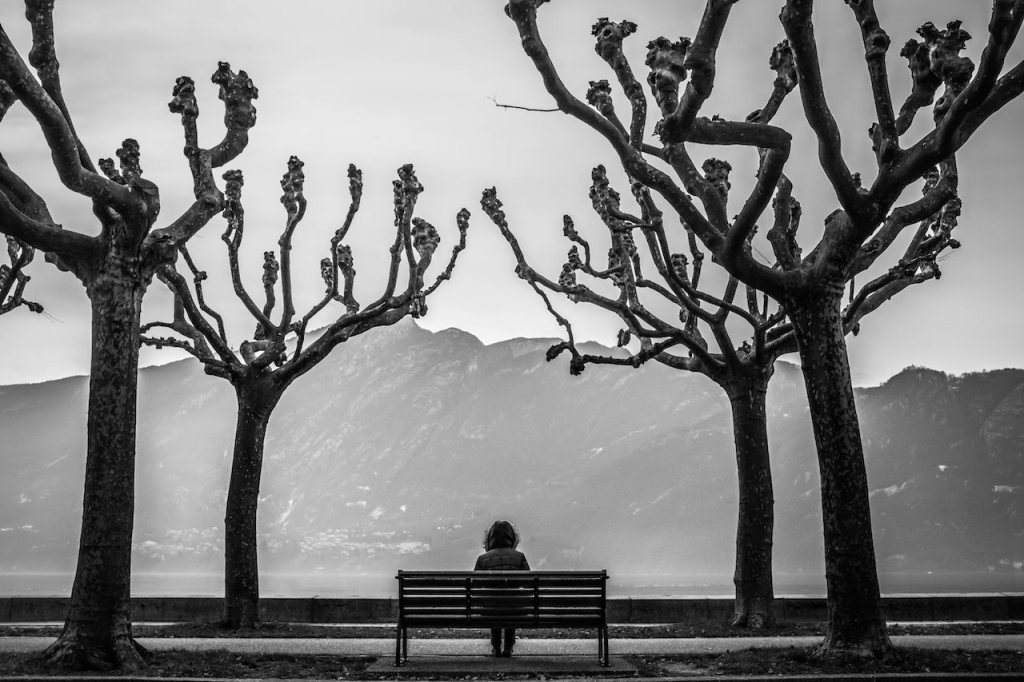
In 2018, then UK Prime Minister Theresa May said, “Loneliness is one of the greatest public health challenges of our time,” and appointed the country’s first minister for loneliness. U.S. Surgeon General Vivek Murthy called loneliness a “growing health epidemic,” stating that social isolation is “associated with a reduction in lifespan similar to that caused by smoking 15 cigarettes a day.”
What do the following have in common? Rising rates of social anxiety and social withdrawal, alarming rates of suicide (up 51% among teenage girls in the U.S. in just a two-year period from 2019-2021, and up over 300% over a ten-year period), the increasing number of mass shootings, the epidemic of burnout in healthcare and other sectors, eating disorders. All too often, at the heart of each of these is a lack of social connection and the feeling of being loved, accepted, and understood. This is loneliness. Education is the most powerful tool we have for bringing about this change. Recent research in psychology and neuroscience shows that young children and even infants have a natural orientation towards kindness and helping over cruelty.
Read the full article here!
Check out Chikako’s interview about her book, The Anatomy of Loneliness.

